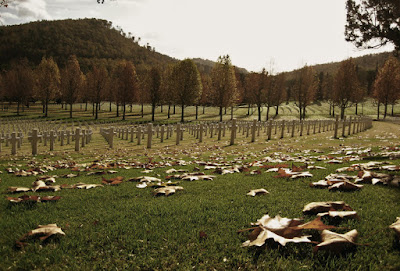Who's Going To War?
War is only bad for those who have to fight it, but it is good for everyone else. For governments, war is a good way to remain in power. Every President or Prime Minister wants to be a war leader, which allows them not to worry about hard promises such as economic development or jobs, and keeping power just by sending a few poor people to their death. If things go really wrong, one can just blame that on anti-national elements, suspend rule of law and put them in jail; and indeed, one can suspend elections altogether and stay in power as long as the war goes on. It's a pity we do not have the 'hundred year wars' anymore. For businesses, there may be a nervousness about risks, but on the aggregate, war is good as it means new contracts, and good replacement demand. A bloated real estate economy can do with rebuilding some houses, and housing some displaced people, as long as the government is paying for it. For the media, it is news. How much better is it to report on real ...
